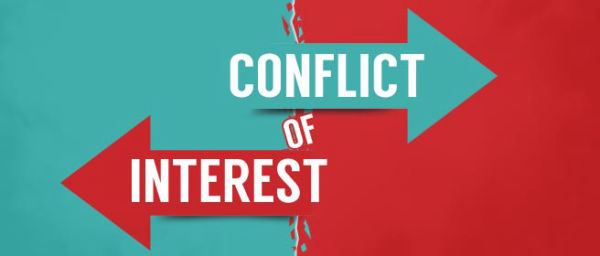
Double-Blind Review

Quick

Privacy

Affirmation

Secrecy

RESPONSIBILITIES OF REVIEWERS
Contribution of Double Blind Peer Review
Double Blind Peer review helps reviewers decide executive decisions, while critical consultation with the editor can also help the author improve manuscript quality. The reviewers may have no clue about the identity of the author, as any distinguishing data will be taken away from the manuscript prior to review. Reviewer 's comments to the editors are confidential and will be made anonymous before moving on to the writers. The reviewers' names remain fully confidential; with their identities only revealed to the Editor-in - Chief and the Managing Editor.
Quickness
Any elected official referee who feels incompetent to review the allocated manuscript or is incompetent to offer an opportunistic review should notify the editor-in-chief and managing editor and excuse himself from the review process.
Privacy
Manuscript that is subject to inspection shall be considered as confidential documents. They will not be revealed with the exception of the one authorised by the Editor-In - Chief and Editorial Manager.
Benchmarks of Objectivity
Reviews should be guided with impartiality. The author does not offer any personal input. Reviewers will clearly articulate their viewpoints with supporting arguments.
Affirmation of Sources
Reviewers should discern important published work which the writers have not referred to. Any report which was previously detailed somewhere else should be accompanied by the relevant reference. A reviewer will likewise call for attention by the Editor-in-Chief / Managing Editor for any substantial comparability or similarity between the manuscript under review and any other published paper that they have individual knowledge about the matter for publication.
Secrecy
Entitled data or thoughts collected through double blind peer review should be held private and not used for the benefit of the person.
Conflict of Interest
Reviewers must not review manuscripts in which they have conflicting interests arising from hostile, community-based, or specific relationships or interactions with any of the manuscript-related writers, organizations, or institutions.